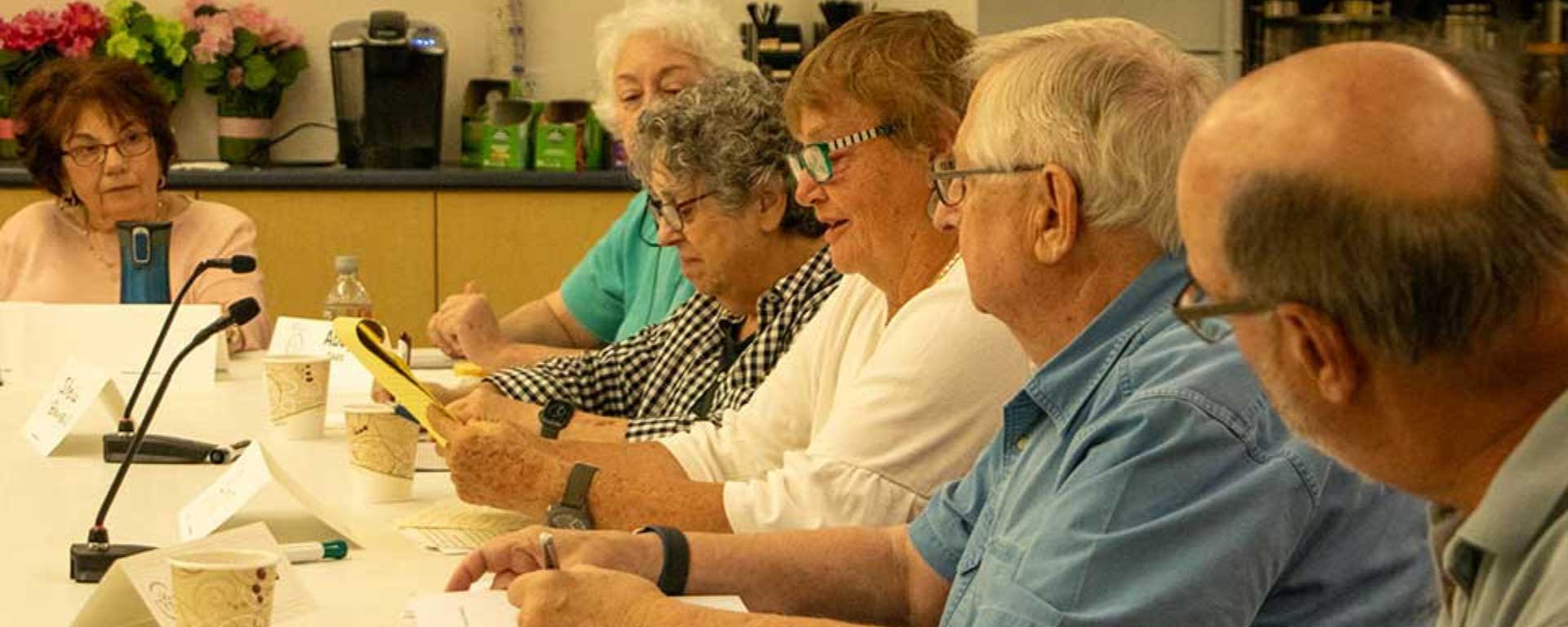Course Catalog

Registration has passed for Fall 2025. The Spring 2026 Catalog will be available on December 16, 2025. Early Registration takes place December 16, 2025 to January 9, 2026.
Browse our Winter 2025-2026 Events
“BOLLI was the perfect way to create a seamless transition to my post-working world.”
Margie Arons-Barron
BOLLI Member